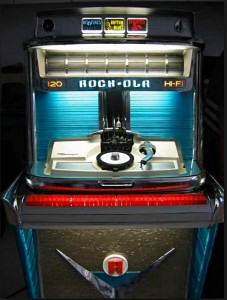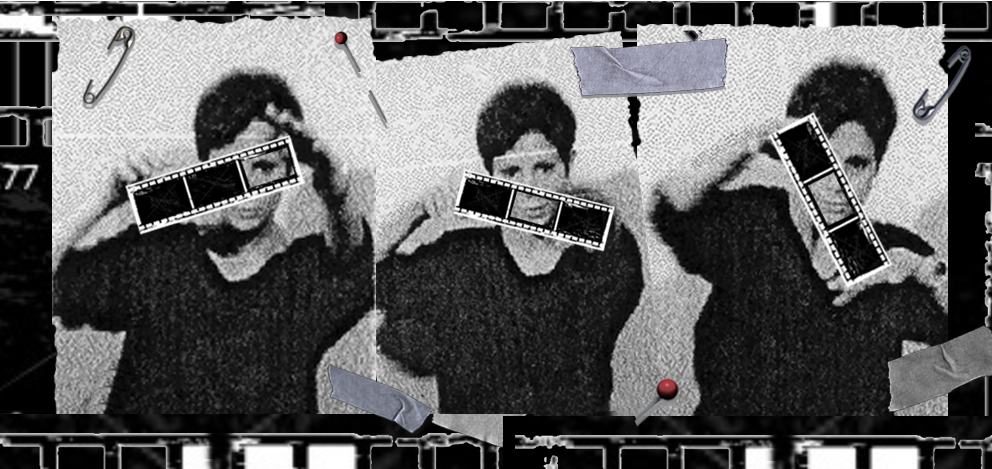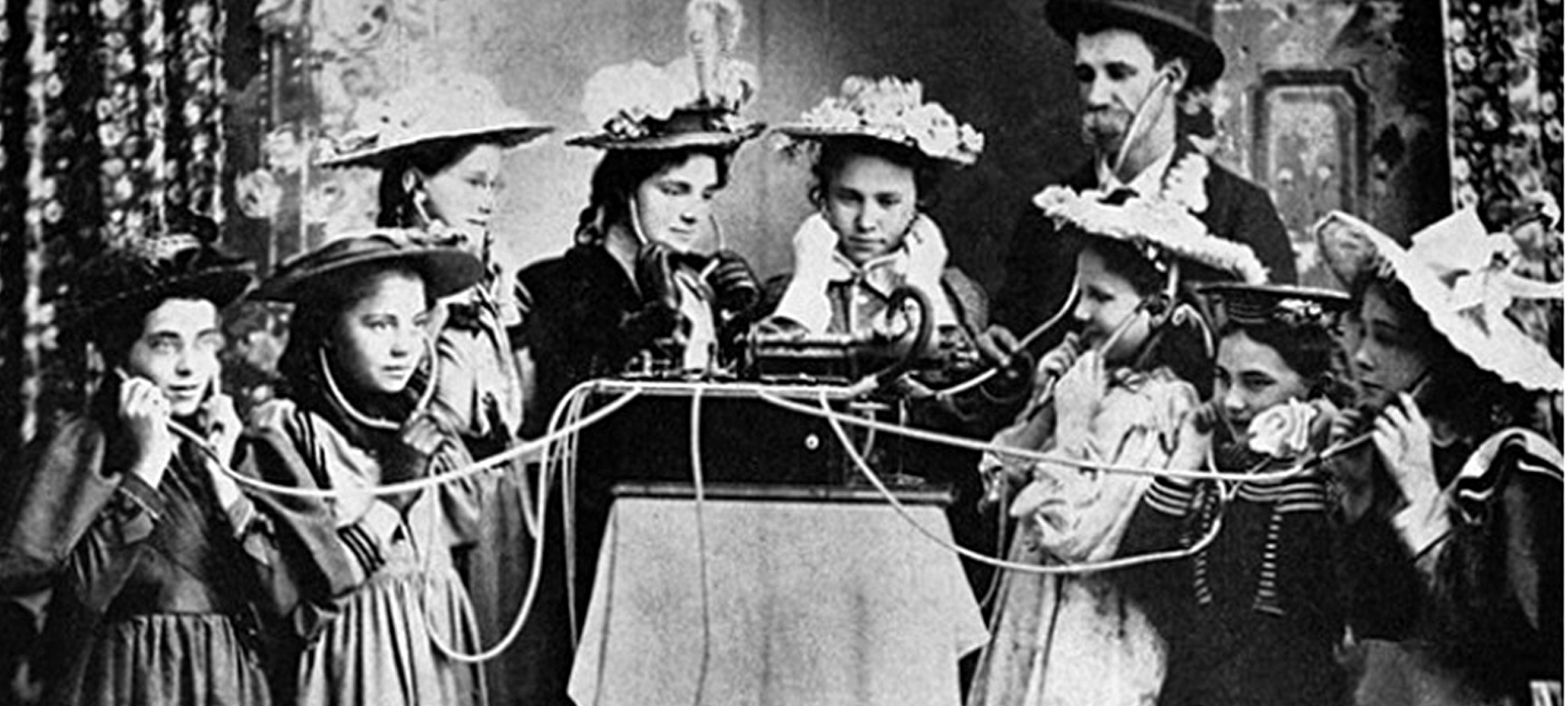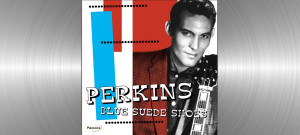December 19, 1980: That was the last time I dropped a quarter into a jukebox and had the pleasure of hearing THREE songs. I’m thinking they were “Brass in Pocket,” “Emotional Rescue” and “Romeo’s Tune.” Why on earth would I recollect those kinds of details? Because they relate to a memorable first date, that’s why. In my heyday, jukeboxes and romance went together like woofers and tweeters. It was a college date, which meant that all we could afford was a large pepperoni pie at the Pizza House near the campus of Indiana University of Pennsylvania. “This is the only jukebox in town that still plays three songs for a quarter,” said I, the Tweeter, lamenting the escalating price per unit of musical pleasure. “No, it’s probably the only remaining three-song-per-quarter jukebox in the world,” said Frank, the Woofer. Twenty-one years old, and already we were missing “the good old days” — of Rock-Olas, of Wurlitzers, of Seeburgs, of all the grand record machines that provided the affordable soundtrack to many a romantic rendezvous.
 On this date in 1889, the world’s first jukebox was installed at the Palais Royale Saloon in San Francisco. It was constructed by the Pacific Phonograph Company, and had four stethoscope-like tubes attached to an Edison electric phonograph. You merely dropped a coin in the slot, and up to four people could listen to the song individually via the tubes. The machine wasn’t actually referred to as a jukebox until the 1940s. The name apparently came from juke joint, a term that southern blacks used to describe a a rowdy, wicked place. (Juke or joog comes from Gullah, an English-based Creole language spoken by people of African ancestry.)
On this date in 1889, the world’s first jukebox was installed at the Palais Royale Saloon in San Francisco. It was constructed by the Pacific Phonograph Company, and had four stethoscope-like tubes attached to an Edison electric phonograph. You merely dropped a coin in the slot, and up to four people could listen to the song individually via the tubes. The machine wasn’t actually referred to as a jukebox until the 1940s. The name apparently came from juke joint, a term that southern blacks used to describe a a rowdy, wicked place. (Juke or joog comes from Gullah, an English-based Creole language spoken by people of African ancestry.)
A quote from wise old weed-lover Willie Nelson perfectly evokes the scenario of countless sad souls who spent their last bit of chump change on beer and jukebox tunes, in dingy bars from Bakersfield to Brooklyn Heights, pining over lost love: “Ninety-nine percent of the world’s lovers are not with their first choice. That’s what makes the jukebox play.”
Here are Pittsburgh’s home-grown heroes The Iron City Houserockers singing a little gem called “Rock Ola.” That’s the name of the legendary jukebox made by the Rock-Ola Manufacturing Corporation, which was founded in 1927. Here, Joe Grushecky sings about the emptiness and futility of the working life: “Nobody has any free will / they just do what they do to get by.” In the end, salvation can be found in the form of music, emanating from that glorious box in the corner of a hole-in-the-wall South Side bar: “Rock Ola, Rock Ola / rock all over me / No one could ever know / how much it means to me.”
And I’d be remiss if I didn’t include this jukebox song from my favorite rockabilly, Carl Perkins:
By Dana Spiardi, Nov 23, 2013




More cool trivia. What a poetic line by Willie. Confirmed by every joint in Swissvale i got loaded in.